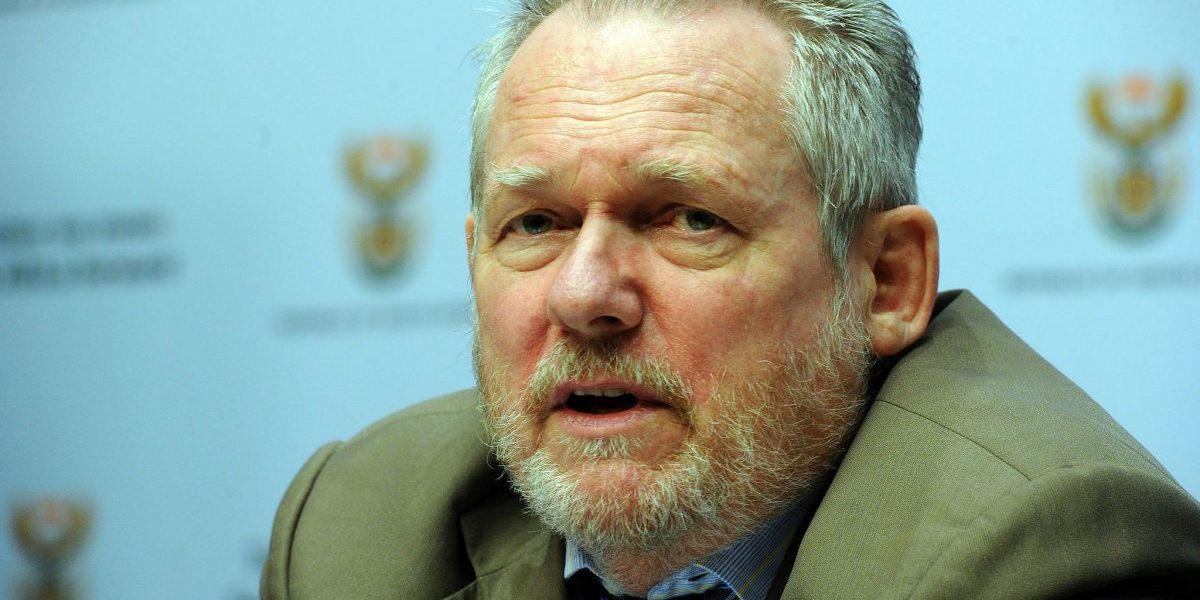The trade and industry department has initiated a trade policy review process aimed at putting its trade policy in better shape, potentially to engage in further liberalisation of its tariff policy and to have more clarity on issues such as services, investment and government procurement.
This is a welcome initiative. Unfortunately, it is opaque. Apart from the public exchanges between the trade and industry and finance ministers late last year, there is little knowledge of the process as it is not in the public domain.
The department would benefit if it could subject its trade policy process to rigorous scrutiny in the public domain. This could help it draw on meaningful inputs, especially given existing capacity constraints in the government. While keeping this process a secret may keep it out of the reach of interest groups wishing to use it for their own narrow ends, broadening the engagements to include trade and academic experts can only help enrich the process.
In this regard the contribution of the Harvard Group to the development of the National Industrial Policy Framework is notable. Transparency in trade policy-making also helps to enhance confidence and credibility. This can only put the in department in a better light and restore confidence in its policy initiatives. It could also help private economic agents get a better sense of direction of SA’s trade policy and its governing rules and regulations.
Trade policy officials need to learn what matters for citizens and firms who are engaged in trade as importers and exporters, or producers and consumers. In this regard they cannot make up their own “interests”. They do not own public policy. Broader consultation with domestic exporters and importers would help answer questions such as “What problems do exporters and importers encounter?”, What new opportunities do they wish to pursue?” and “What are the particular challenges posed by the dynamic and fast changing global economy?” These questions bureaucrats cannot answer alone.
In the World Trade Organisation (WTO), trade policy transparency is achieved in two ways: governments have to inform the WTO and fellow members of specific measures, policies or laws through regular “notifications”; and the WTO conducts regular reviews of individual countries’ trade policies—the trade policy reviews.
In SA, trade policy scrutiny falls under the auspices of the National Economic Development and Labour Council (Nedlac). However, it is doubtful if Nedlac provides a favourable environment for such scrutiny as it encompasses largely defensive and or protectionist trade unions and businesses constituencies. There are quite a few companies and organisations that do not participate in Nedlac because they feel they can lobby more effectively behind the scenes. Transparency would flush out these special interests.
In the wake of the unilateral decision by the trade and industry department to impose quotas on Chinese clothing and textiles exports to SA, questions are being asked by the trade community about the perceived lack of transparency exercised in the course of taking such a critical policy stance. Citizen and company involvement in trade policy decision-making is crucial but cannot be limited to ex-post consultation to a done deal after trade negotiations. It should include provisions for ex ante consultation on negotiating mandates and proposals.
The government should undertake to review provisions for transparency and accountability at a national level. These provisions should, for example, include a requirement for the minister of trade and industry to fully consult with other government departments and with other nongovernment stakeholders. Such consultation should proceed from the premise that trade policy is an instrument to deliver on other policy-goals, such as the Accelerated and Shared Growth Initiative SA (Asgisa) and the NIPF.
Alternatively, parliament could drive the process by convening regular public hearings and inviting interested parties to make submissions. Local trade officials could learn a lot from the Australian government, which has a dedicated one-stop online resource whereby companies and other stakeholders are encouraged to make submissions on market access issues that might affect trade and investment in trade policy formulation.
There are also forums whereby public concerns are assessed before and during the negotiations process. Furthermore, regular updates on trade negotiations with external countries are provided through the forums and the onestop online resource. All this information is made available to help Australian businesses understand and take advantage of Australia’s current and possible future free trade agreements.
Citizens and companies have the right to be informed on the status of trade negotiations. A government that keeps its negotiating position secret from its own citizens is not necessarily less transparent than a government that publishes its position yet phrases it in ambiguous or inexplicable language. And even when dealing with groups who understand the jargon of trade policy, officials may provide more or different information to the group that embraces the government’s principles than it provides to the group that rejects those principles. Access to information is the litmus test of transparency, but mere access does not necessarily lead to transparent governance. What information is available, when and to whom? Moreover, how is that information made available?
Experienced trade negotiators know that their work begins at home in learning what matters to their constituents, and ends at home by ensuring that any new obligations can be implemented in legislation.








